Are you a heavy news consumer?
If Nielsen is correct, chances are pretty good your answer is yes. According to its recent data, Americans are watching more television than ever before…as in 12+ hours each day. No wonder we aren’t sleeping particularly well these days.
In the wake of the election, emotions are running high, and my sense is the uncertainty being experienced will be drawn out by staying tuned to the news. We have free access to the world’s information online, and television news programs have shifted their strategies for increasing viewership away from being a source of objective data and factual information. Many have become centers of opinion designed to evoke emotion and keep people emotionally charged.
Have you heard of the Smith-Mundt Modernization Act of 2012? Consider exploring how this law changed what American media companies are legally allowed to do.
This month I want to offer tools to help you create feelings of inner peace and balanced calm regardless of what is happening on the national stage.
Remember, you have agency. You can turn the TV or mobile device off, go for a walk, call a friend, or focus on your immediate surroundings. It is easy to feel out of control when you spend a disproportionate amount of time thinking about things you literally have no control over. I often encourage clients to not freely give their sovereignty away like this.
With that in mind, let’s take a look at common cognitive biases.
These have been well-documented, and taking the time to recognize them in ourselves provides an opening—a way to create objectivity—in our minds. We can then release the need to judge, relax our desire to control, and focus on how we’re all in this together. Regardless of what transpires in the coming weeks, 95-99% of your daily routine will remain the same.
Five cognitive biases and how they may be affecting us
1. The Mere Exposure Effect: Psychologist Robert Zajonc’s research showed that watching, hearing, or reading the same message repeatedly causes us to unconsciously believe the message even if we consciously disagree with it. If information was presented to you subliminally and you don’t remember absorbing that information, you still like and believe it. The things you’re “learning” in this manner could even be an outright lie, yet you still believe them to be true.
To avoid falling victim to this bias, turn off your TV and limit mobile device screen time. Seek out 3-5 different sources of information on a topic. Explore sources from other countries; talk to people who see the world differently than you do. By acknowledging other perspectives, you entertain a more complete picture of why an event occurred and its ramifications on those around you.
2. The Recency Effect: This is a cognitive bias in which those items, ideas, or arguments that came last are remembered more vividly than those that came before. In other words, the more recently you heard something, the stronger it will exist in your memory.
To mitigate this bias, deliberately revisit information you received at the start of a meeting, during an interview, or throughout a debate. You may also find value in note-taking and journaling. Re-reading what you wrote will refresh your memory and bring objectivity to your viewpoint.
3. The Law of Authority: This cognitive bias was explored in Robert Cialdini’s book Influence. People follow the lead of credible, knowledgeable experts because they are able to offer a perceived shortcut to good decisions that would otherwise take a long time to devise.
To mitigate, take a step back from expert opinions and think critically about them. How might have the person’s experiences and affiliations shaped their opinion? Have the program’s producers encouraged discussion about one topic and not another? What is that media source known for? In many cases, the person is paid to be there and is being used to further a predetermined narrative.
4. The Halo Effect: This cognitive bias may creep up when a candidate or ballot measure is perceived positively because of one attribute meaningful to you. You may ignore the size of other issues caused by the person or initiative. For example, the candidate appears thoughtful and well-spoken on stage, but their tax plan or beliefs about immigration status may have undesirable consequences. Your brain focuses on the emotion you felt listening to the hope-filled speech, but you invest little time to forecast the actual impact of the candidate’s policies.
To avoid falling victim to this, read an opposing perspective in-depth. Forecast the potential impact on your home, the company you work for, and the community you live in. Recognize you’re associating a positive event from your past with one attribute you like about the candidate. Revisit your personal mission or core values to find connection between what matters to you and the long-term impact of all aspects of a candidate.
5. The Horn Effect: This bias is the opposite of Halo and occurs when a candidate or measure is rated poorly because one attribute contradicts your beliefs. You may place more value on the perceived underperformance of this topic. For example, the candidate appears divisive on stage, but their track record of accomplishments has benefitted many underserved Americans. Your brain focuses on the negative emotion you felt watching TV, but you cognitively overlook the examples of societal betterment because they’re not openly shared via the media.
To mitigate this effect, make an effort to understand how your life’s experiences subjectively bias the lens by which you see others. Think about your parent’s beliefs, your friend groups, and what accounts you follow on social media. If you connect the dots, can you find a pattern that leans you one way or the other?
You have agency
The coming weeks will be full of election surprises. Do you feel prepared? Are you sleeping well? How sound is your exercise regimen? Whether you watch TV for 12+ hours per day or not, I hope you find a way to disconnect from the hype and feel emotionally balanced. Consider using your awareness of these five cognitive biases to invite a sense of calm into your world, release emotion, and move back to empowered, clear, and rational thought. Don’t give away your sovereignty.
In the words of Marilyn Monroe, “Sometimes good things fall apart so better things could fall together.”
For more insights on these biases and communication, please check out the recording of my last webinar on YouTube.
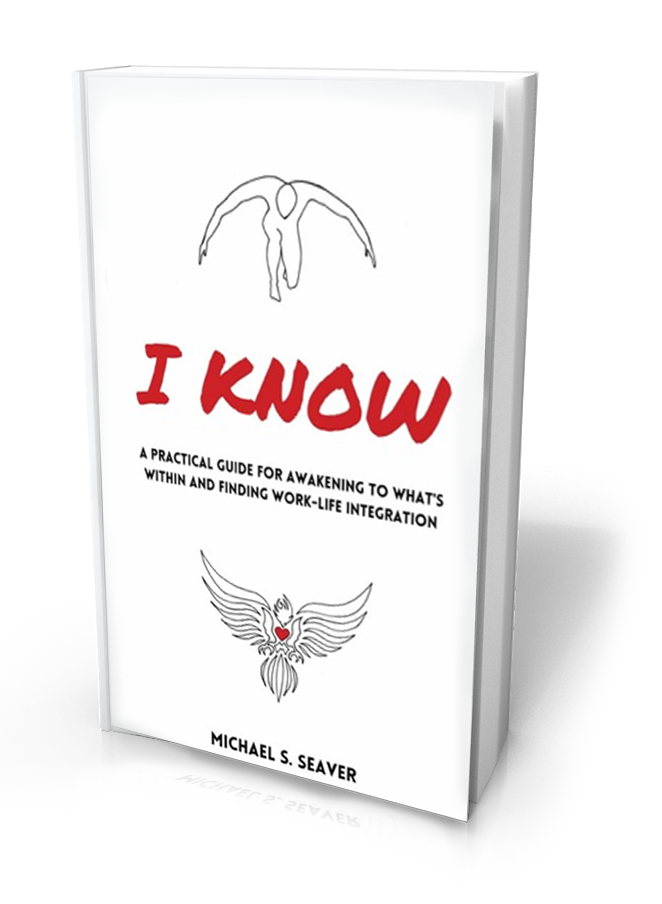

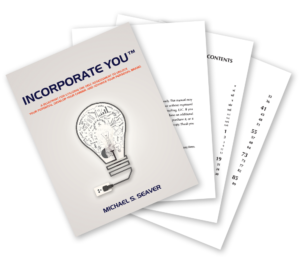
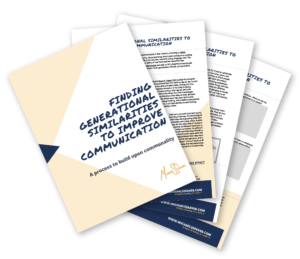
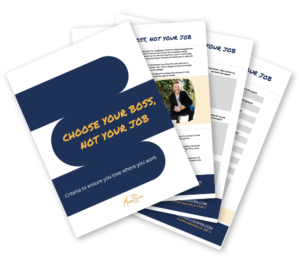
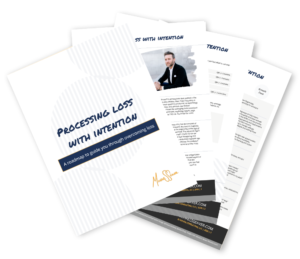
Connect with me